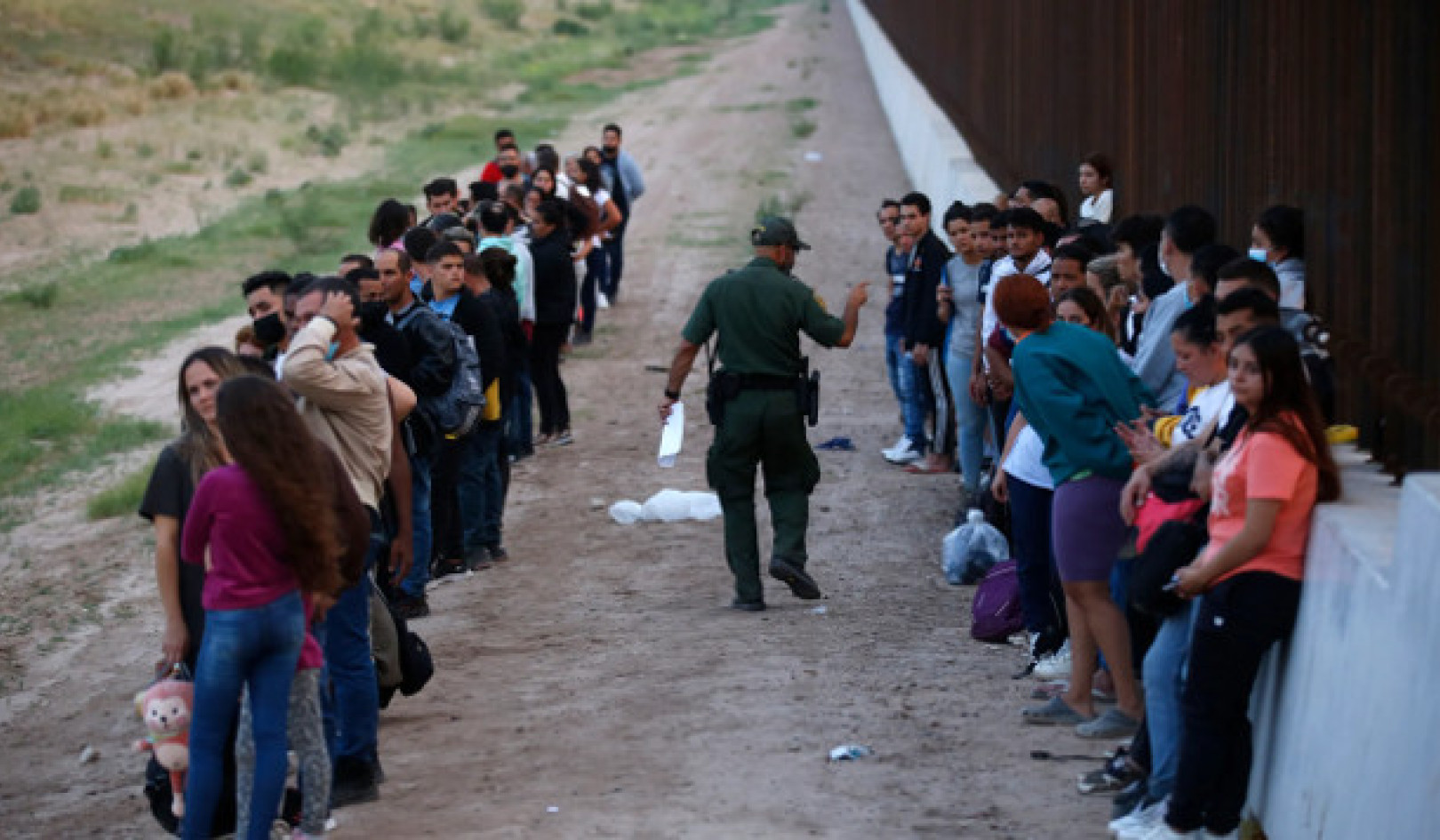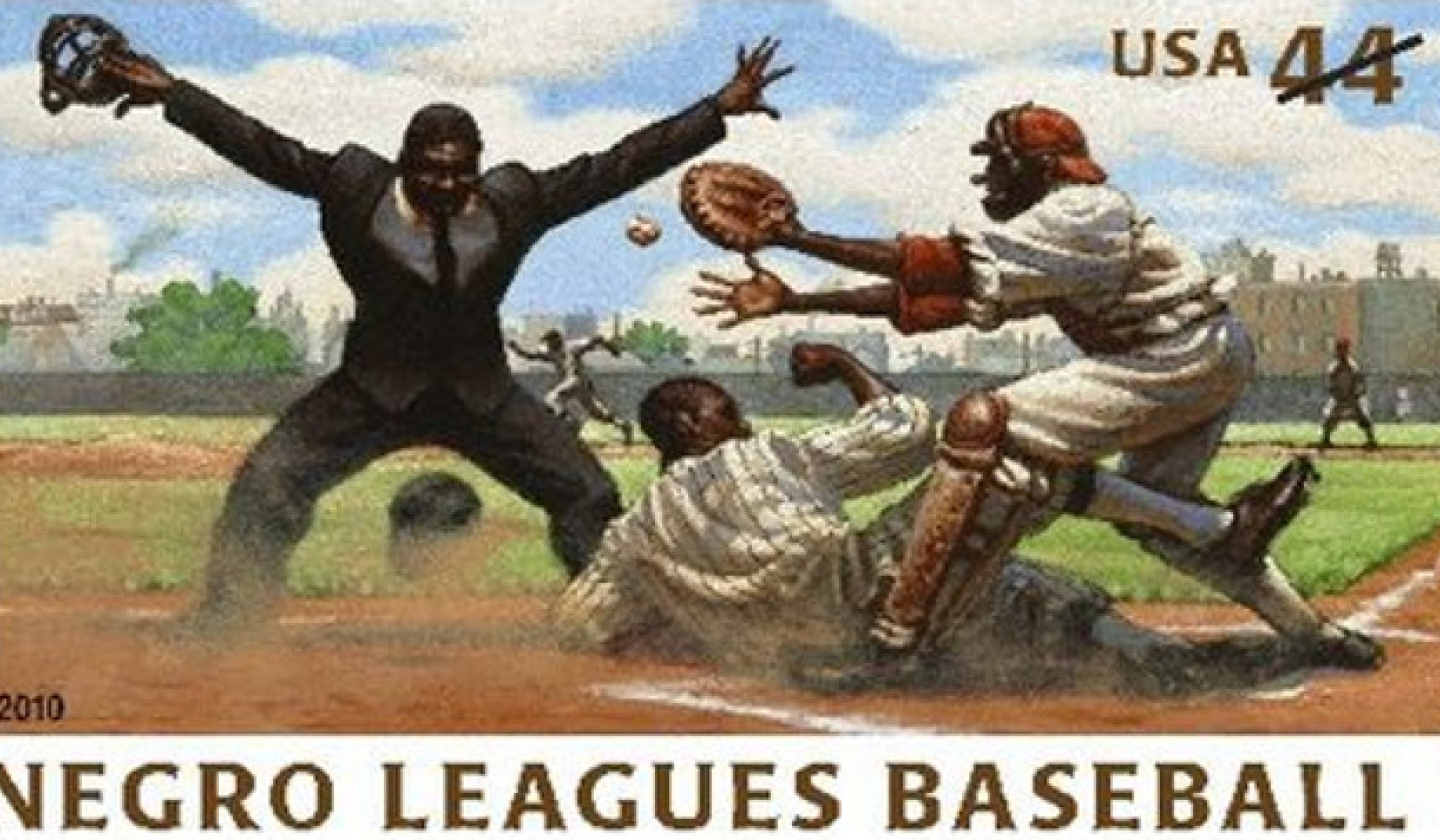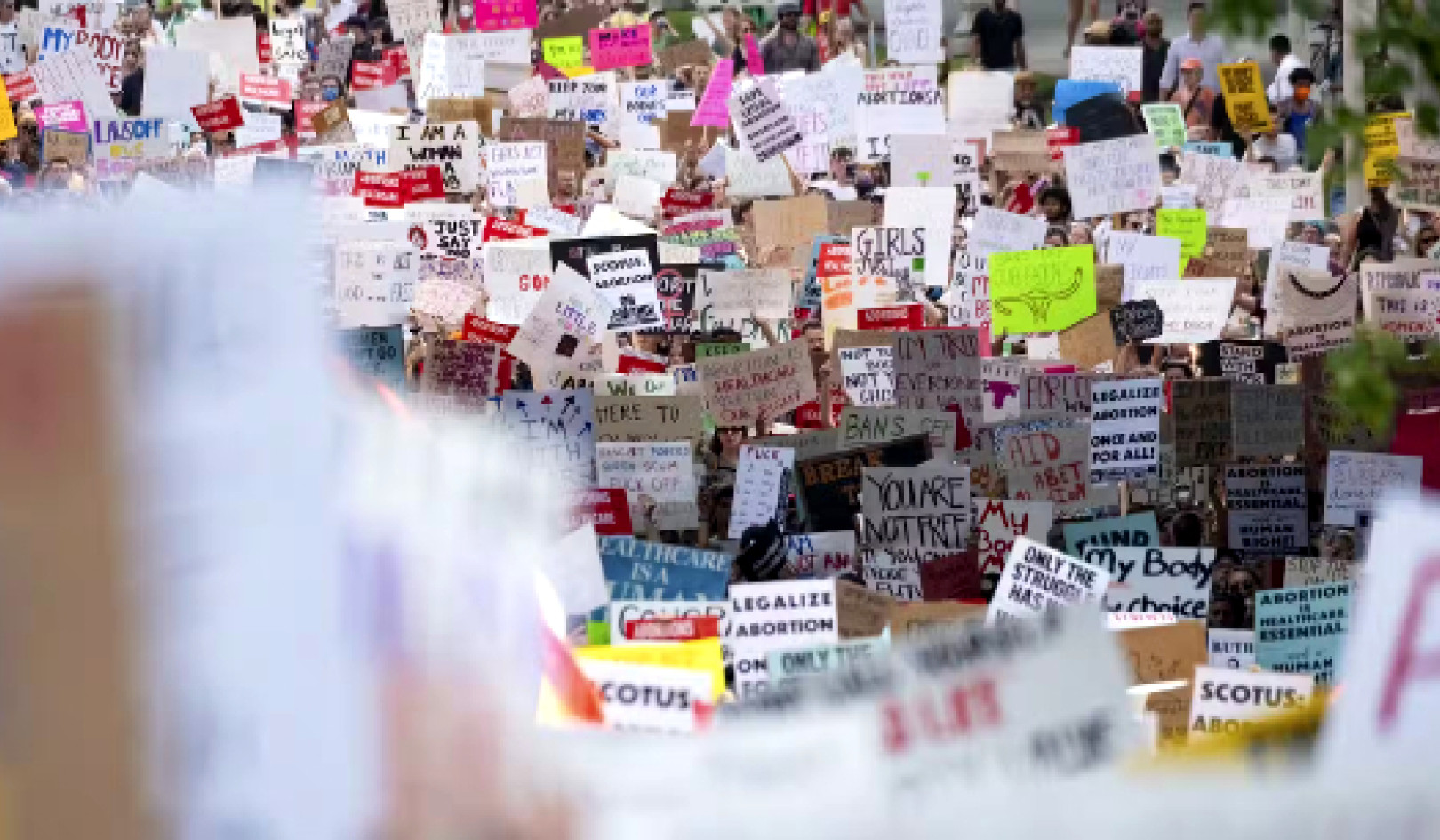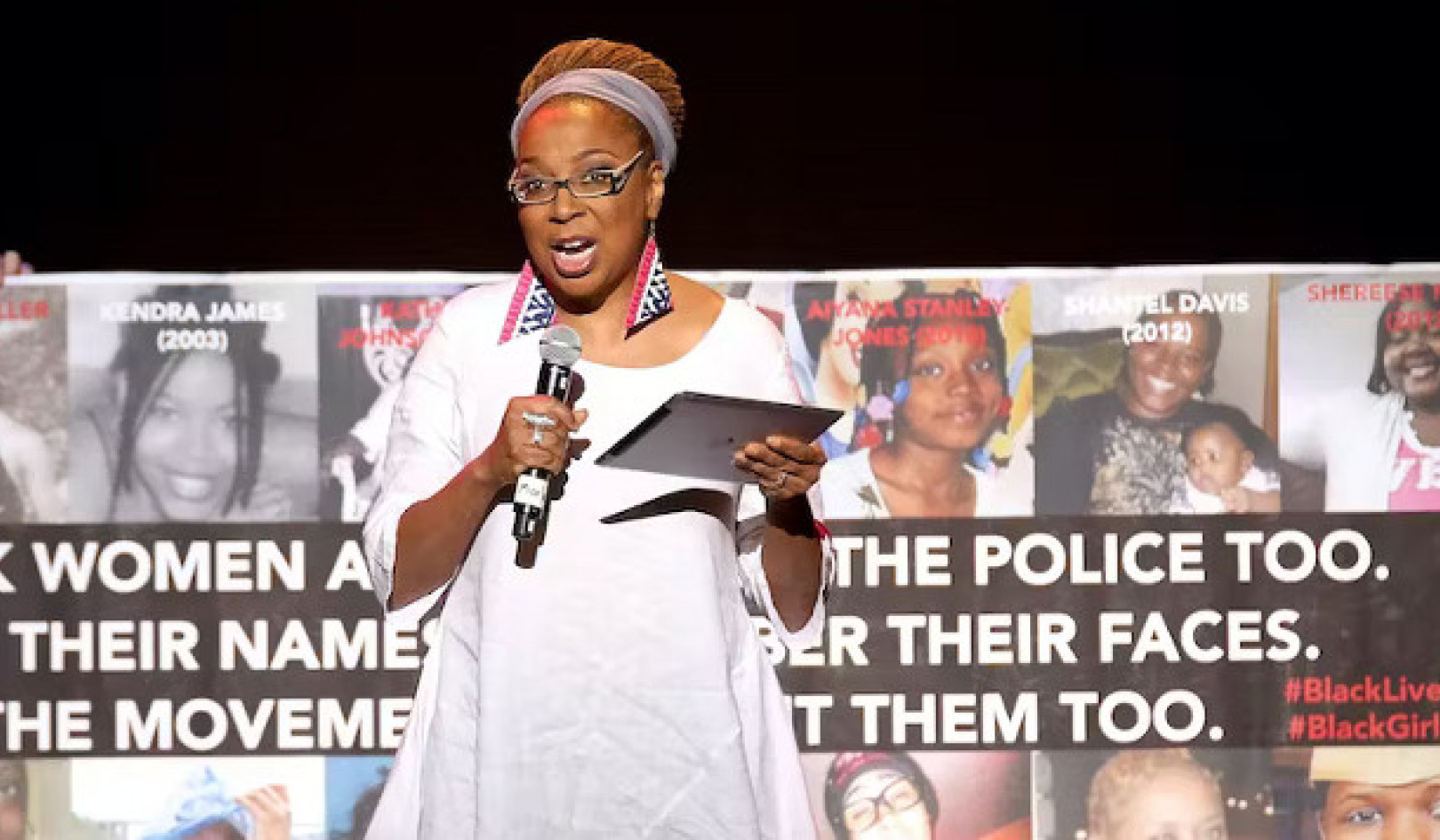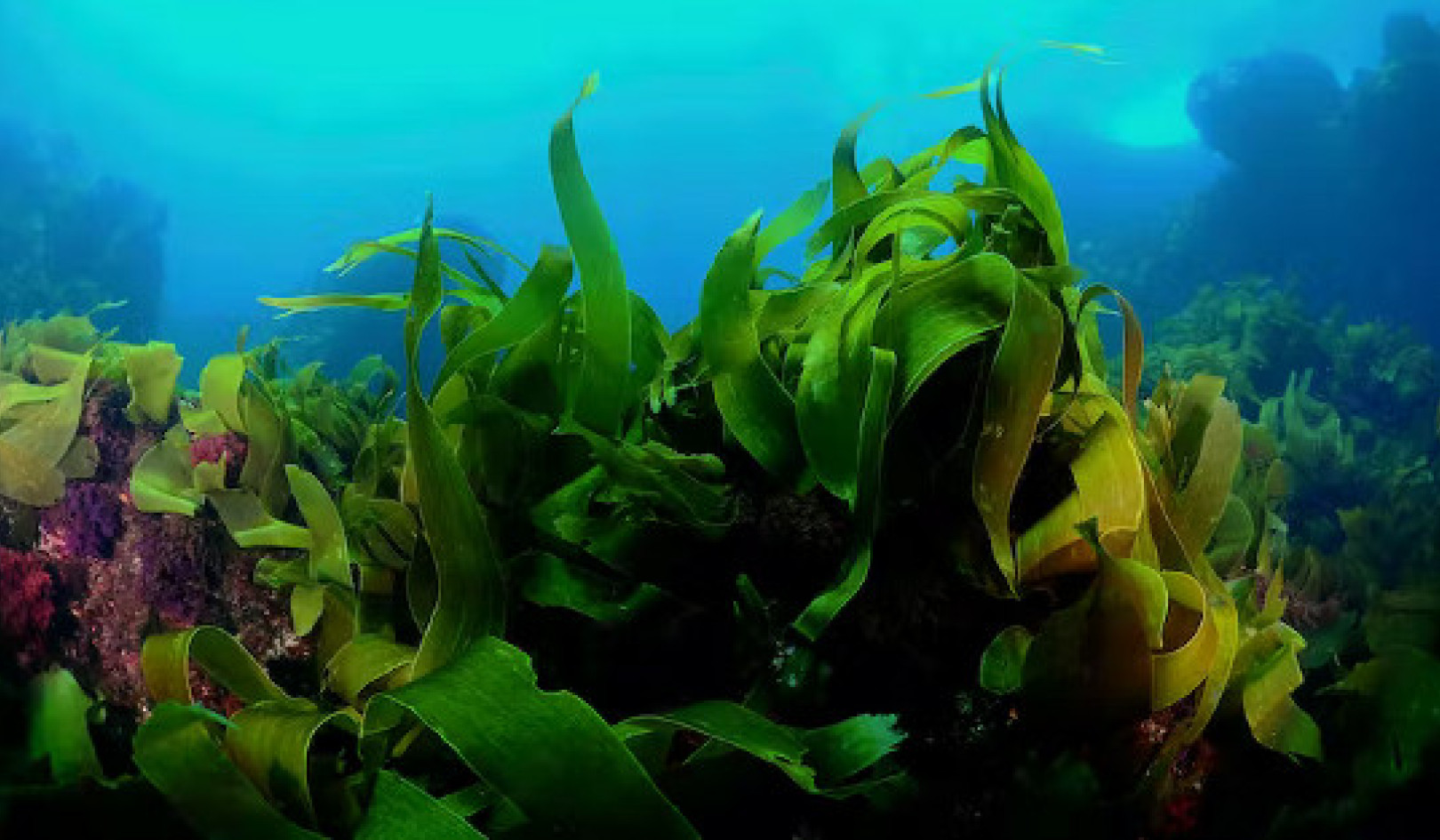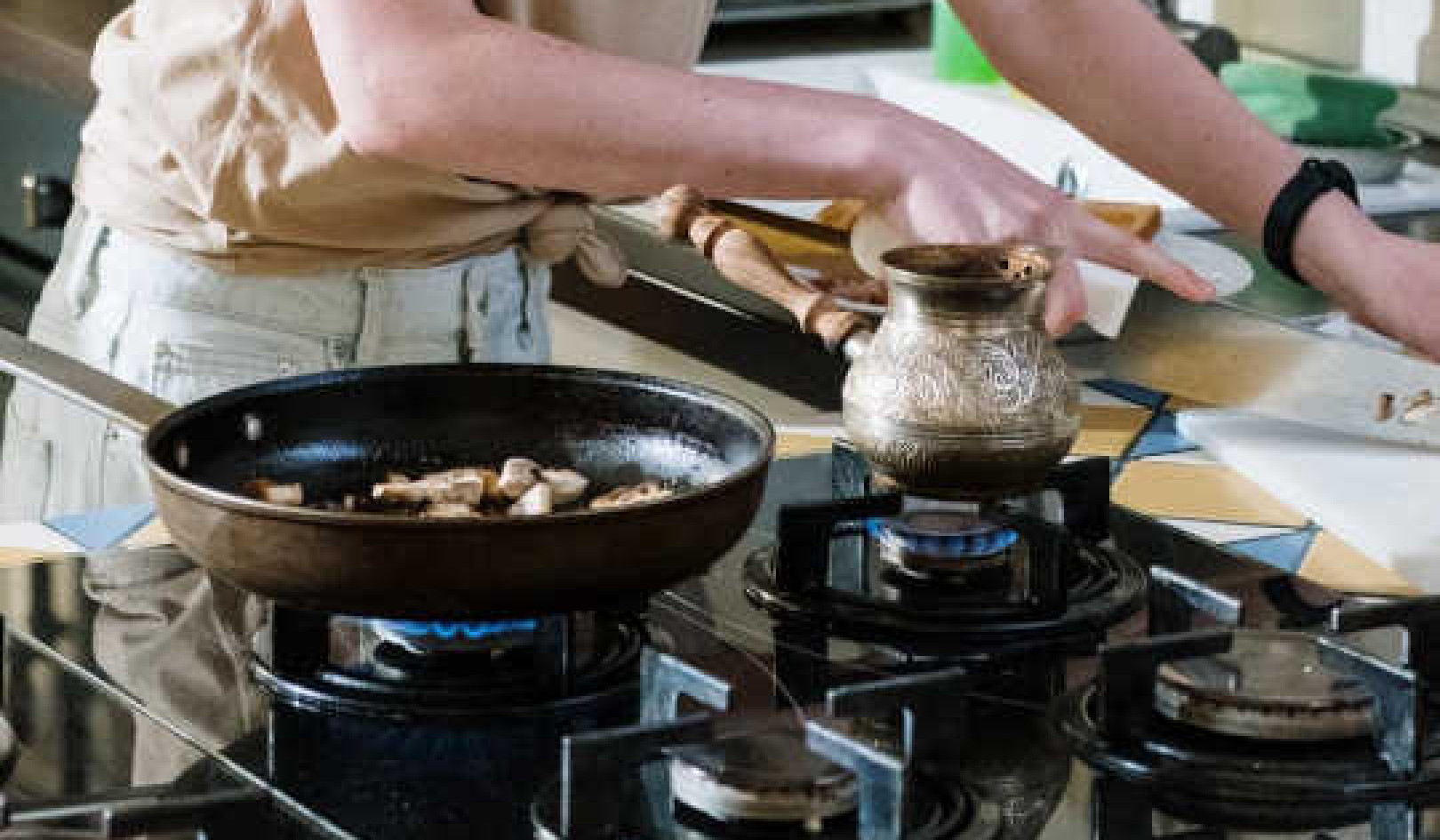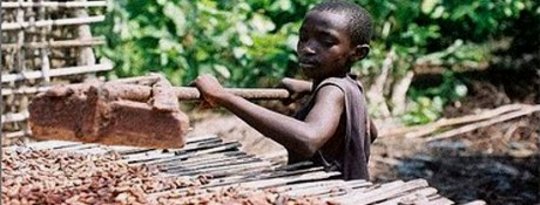
Although chocolate has gotten the most publicity of late, it isn't the only American staple produced by slaves. Some coffee beans are also tainted by slavery.
In addition to producing nearly half of the world's cocoa, Ivory Coast is the world's fourth-largest grower of Robusta coffee. Robusta beans are used for espresso and instant coffees. They are also blended with milder Arabica beans to make ground coffees.
Often, coffee and cocoa are grown together on the same farm. The tall cacao trees shade the shorter coffee bushes. On some Ivory Coast farms, child slaves harvest coffee beans as well as the cacao pods that yield cocoa beans. Like cocoa beans, coffee beans picked by slaves are mixed with those picked by paid workers. More than 7,000 tons of Ivory Coast coffee arrive in the U.S. each year.
Coffee Industry Executives: Child Labor Not Their Concern
Some coffee industry executives say the labor issue isn't their concern. "This industry isn't responsible for what happens in a foreign country," said Gary Goldstein of the National Coffee Association, which represents the companies that make Folgers, Maxwell House, Nescafe, and other brands.
The U.S. is the world's largest consumer of both chocolate and coffee. In fact, coffee is the second largest legal U.S. import — after oil. Fortunately, there is considerable momentum developing in this country and elsewhere behind the emergence of Fair Trade coffee.
According to the San Francisco-based Global Exchange:
The best way to prevent child labor in the fields is to pay workers a living wage.... Most people in this country would rather buy a cup of coffee picked under fair trade conditions than sweatshop labor conditions....
Fair Trade Certified coffee is the first product being introduced in the United States with an independently monitored system to ensure that it was produced under fair labor conditions.... To become Fair Trade Certified, an importer must meet stringent international criteria [including] paying a minimum price per pound.
Some Coffee Companies Are Breeding Human Slavery
 Paying a minimum price to growers is a major step, because coffee prices on the world market currently are so low that they trap many coffee farmers in an inescapable cycle of poverty, debt, and hunger. Ten years ago, the world coffee economy was worth $30 billion — of which producers received $12 billion, or 40 percent. But today, the world market has grown to be worth more than $50 billion — of which producers receive just $8 billion, or 16 percent.
Paying a minimum price to growers is a major step, because coffee prices on the world market currently are so low that they trap many coffee farmers in an inescapable cycle of poverty, debt, and hunger. Ten years ago, the world coffee economy was worth $30 billion — of which producers received $12 billion, or 40 percent. But today, the world market has grown to be worth more than $50 billion — of which producers receive just $8 billion, or 16 percent.
Although they have not lowered consumer prices, coffee companies are paying far less for the beans they use. This creates, at best, sweatshops in the field and, at worst, the conditions that breed human slavery.
Child Slavery vs. CEO Salaries of $26 Million/Year
Many of the people growing coffee work exceedingly long hours for less than $600 per year, while others are enslaved and paid nothing. Meanwhile, Irene Rosenfeld, CEO of Kraft Foods, the parent company of Maxwell House Coffee, is paid more than $26 million a year — which is a lot, but not as much as Howard D.Schultz, CEO of Starbucks, who receives more than $30 million a year. It's not easy for most consumers to stomach the contrast between the gruesome reality of slave labor and salaries that enable CEOs to live like emperors.
Fair Trade, whether it's coffee or chocolate, means an equitable partnership between consumers in North America and producers in Asia, Africa, Latin America, and the Caribbean. It means that farmers' cooperatives around the world can count on a stable and reliable living wage.
Why Fair Trade Coffee Matters So Much
When consumers purchase Fair Trade coffee or chocolate, they know that their money is going to local farmers who can then invest it in healthcare, education, environmental stewardship, community development, and economic independence. They know that they are not financing a system in which destitute farmers are struggling to survive and even resorting to child slavery.
Kevin Bales, director of Free the Slaves, reminds us that:
[Consumers] can make a significant impact on world slavery just by stopping for a moment and asking themselves how that particular item got to be so cheap. The low cost of many items defies belief. Part of the reason things are so cheap is that the big chain stores buy huge quantities at huge discounts, and have designed their distribution systems to reduce overhead all along the product chain. But these economies of scale don't account for all of the cheapness. The bottom line is: oftentimes things are cheap because slaves helped produce them.
Are You & I Buying Slave-Produced Goods?
Most Western consumers would avoid buying slave-produced goods, despite their lower price, if they could identify them. Like most consumers, I look for bargains, and don't always stop to ask why a product is so cheap. It is sobering to realize that by always looking for the best deal, I may be choosing slave-made products without knowing what I am buying.
We have reason for hope, however, based on how well most consumers respond to the challenge of slavery — when they know about it. Once people understand that slavery still exists, they are nearly unanimous in their desire to see it stopped. They are more than willing; they are eager to make choices that respect basic human rights and uphold the dignity of those whose toil brings us goods that enrich our lives.
Buying Fair Trade is a step we can all take toward a better world.
©2012 by John Robbins. All rights reserved.
Reprinted with permission of the publisher, Conari Press,
an imprint of Red Wheel/Weiser, LLC. www.redwheelweiser.com.
This article was adapted with permission from the book:
No Happy Cows: Dispatches from the Frontlines of the Food Revolution
by John Robbins.
 John Robbins shares his dispatches from the frontlines of the food revolution: From his undercover investigations of feed lots and slaughterhouses, to the rise of food contamination, the slave trade behind chocolate and coffee, what he calls the sham of "Vitamin Water," and the effects of hormones on animals and animal products. His trenchant and provocative observations into the relationships between animals and the humans who raise them remind us of the importance of working for a more compassionate and environmentally responsible world.
John Robbins shares his dispatches from the frontlines of the food revolution: From his undercover investigations of feed lots and slaughterhouses, to the rise of food contamination, the slave trade behind chocolate and coffee, what he calls the sham of "Vitamin Water," and the effects of hormones on animals and animal products. His trenchant and provocative observations into the relationships between animals and the humans who raise them remind us of the importance of working for a more compassionate and environmentally responsible world.
Click here for more info or to order this book.
About the Author
 John Robbins is the author of Diet for a New America, The Food Revolution, and the widely acclaimed Reclaiming Our Health. His life and work have been featured on the PBS special, Diet for a New America. Groomed to follow in the footsteps of his father, founder of the Baskin-Robbins empire, he chose a different, more authentic path for himself. John is considered to be one of the most eloquent and powerful spokespersons in the world for a sane, ethical and sustainable future. Visit his website http://www.foodrevolution.org/
John Robbins is the author of Diet for a New America, The Food Revolution, and the widely acclaimed Reclaiming Our Health. His life and work have been featured on the PBS special, Diet for a New America. Groomed to follow in the footsteps of his father, founder of the Baskin-Robbins empire, he chose a different, more authentic path for himself. John is considered to be one of the most eloquent and powerful spokespersons in the world for a sane, ethical and sustainable future. Visit his website http://www.foodrevolution.org/
























